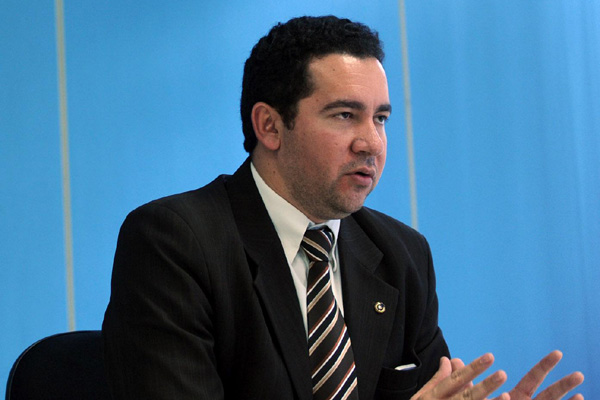
SÃO PAULO, BRAZIL – The Finance Ministry in Brazil announced on Monday measures to stimulate infrastructure projects in the country, especially those in the transport segment, such as rail lines, airports, ports and highways, all part of the government’s Programa de Investimento em Logistica – PIL (Logistics Investment Program).
“The main objective is to make financing easier, be it through banks or capital markets,” said Dyogo Oliveira, the Ministry of Finance’s executive secretary during a press conference in Brasilia to announce the new measures.
Among the measures to be implemented is the reduction by up to two percentage points the costs of loans given out by the BNDES (Brazil’s National Development Bank) and the withdrawal of the requirement of approval by the ministries of these loans on projects the government considers priority, like those in the transportation segment.
The state-owned BNDES also will increase its participation in financing infrastructure projects, from 70 to 80 percent in waterway and railway projects, from 50 to 70 percent in port projects and from 30 to 40 percent in airport and highway projects.
The PIL, launched by the government in June of 2015 by the Rousseff Administration had the objective of boosting the country’s ailing economy. Yet the program has had a slow start, according to a survey conducted by Globo’s G1 in the first nine months of the program the federal government has only been able to auction off three cargo areas in the Santos Port.
With these latest measures, however, the government hopes to encourage the private sector to invest in Brazilian infrastructure, despite the gloomy forecasts for the country’s economic scenario.
“There is no doubt that the Brazilian economy in the medium to long term is extremely attractive to investors,” said Oliveira on Monday. “These alterations (made) today only contribute to strengthen the confidence of investors looking at a slightly longer horizon.”